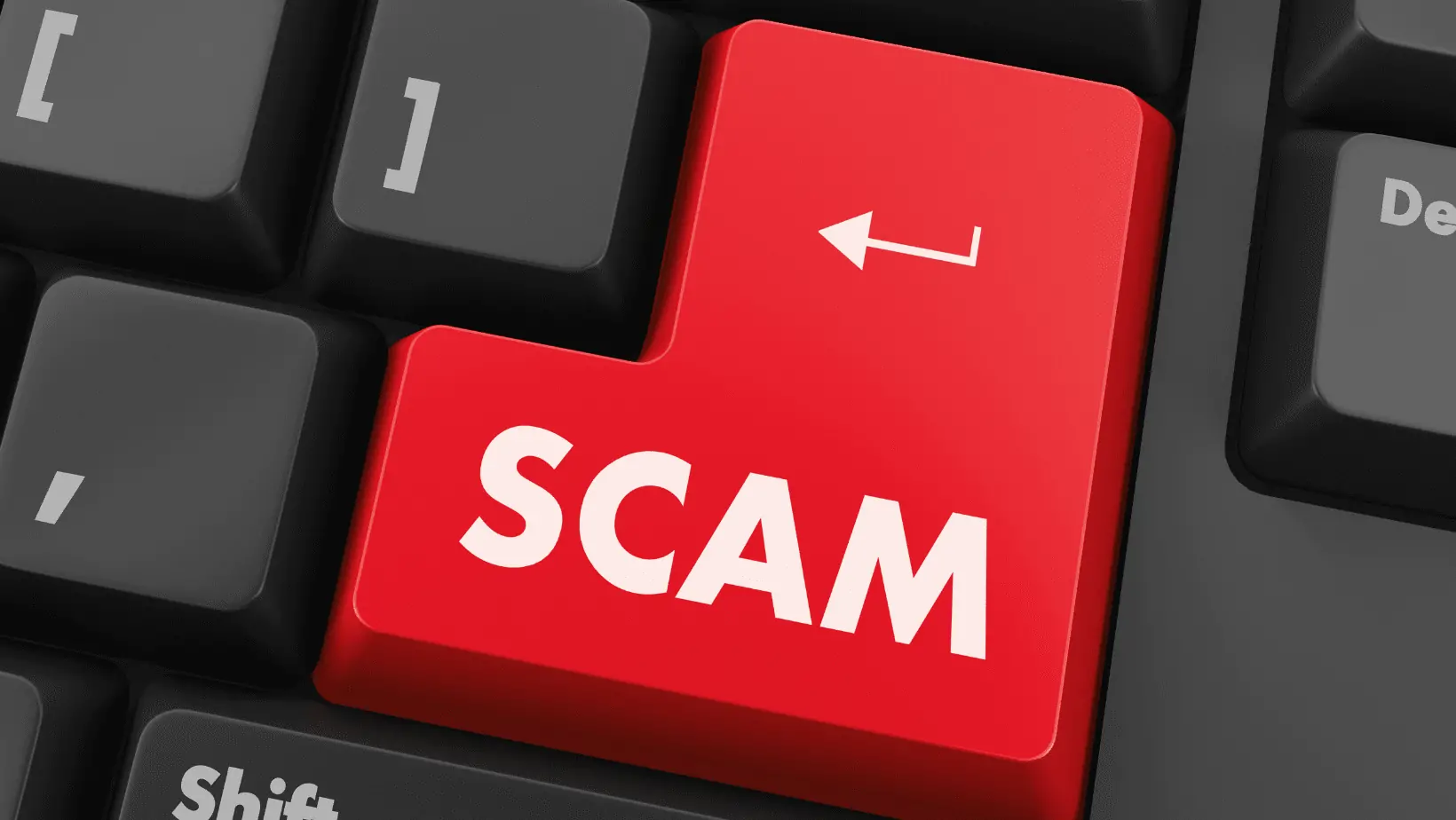
In the enchanting journey towards matrimony, selecting the perfect engagement ring is a milestone fraught with joy and, unfortunately, potential pitfalls. GoldTrust, a distinguished diamond dealer with over four decades of experience, has become a beacon of trust in an industry where the glittering allure of diamonds often comes with the shadow of deception. Meg Steyn, a seasoned diamond expert at GoldTrust, shares heart-wrenching tales of clients who discovered their symbols of eternal love were not the genuine articles they believed them to be.
The proliferation of synthetic diamonds has muddied the waters for consumers, with the technological sophistication of these man-made marvels reaching levels where even equipment worth hundreds of thousands of Rands can be deceived. “It’s always heartbreaking when a client comes to us, and we have to inform them a diamond is not what they thought it was,” says Steyn, highlighting the emotional and financial toll of such discoveries.
In response, GoldTrust has embarked on a mission to educate and empower potential engagement ring buyers. By debunking six common DIY diamond verification methods, GoldTrust aims to arm consumers with knowledge that transcends the usual pitfalls of diamond shopping.
GoldTrust emphasizes the critical role of diamond certification from recognized gemological institutes, urging consumers to exercise due diligence. A certificate provides an unbiased assessment of a diamond’s features, but its authenticity is paramount. Buyers are advised to be cautious of sellers who downplay the need for independent verification or certification.
For those navigating the complexities of diamond purchasing, GoldTrust offers a valuable resource—a list of reputable certification bodies to verify the legitimacy of a diamond certificate. This initiative underscores GoldTrust’s commitment to ensuring that the journey towards selecting an engagement ring is filled with confidence, not cautionary tales.
As the demand for diamonds continues to flourish, GoldTrust stands as a guardian of genuineness in the market, ensuring that love, above all, remains the most authentic gem.
Certification Bodies:
This website uses cookies.